When are Tax-Exempt Entities Taxed?
October 29, 2025
Tax-exempt entities are generally not taxed on income related to their exempt purposes. However, the IRS has determined several sources of income, often referred to as Unrelated Business Income (UBI), that are subject to taxation. The purpose of UBI is to prevent tax-exempt entities from unfair competition with for-profit businesses and/or exploitation of their exempt activities. It is important for all nonprofit leaders to understand those situations to properly report and pay any potential tax liability.
Unrelated Business Income (UBI)
UBI has three characteristics:
- Earned from trade or business activities - selling goods and/or services with the intent of making a profit.
- Regularly conducted – activities show frequency and continuity and are pursued in a manner similar to activities of comparable nonexempt businesses.
- Not substantially related to an exempt purpose – business activities that do not contribute importantly to accomplishing that purpose (other than production of funds).
Common Examples:
- Advertising Income – sales that go beyond simple charitable recognition that may include endorsements or contracts
- Gift Shop Income – sale of items unrelated to the exempt purpose mission
- Rent of facilities to non-members – Ex. Parking lot or Airbnb rentals
Common exceptions and activities excluded from UBI:
- Convenience of members – trade or business conducted primarily for the convenience of its members, students, patients, officers, and employees is not taxable. Ex. School laundry services or hospital cafeteria.
- Convention or trade show activity – Ex. Trade Association Conference
- Qualified Sponsorship payments – payment received where the person or business will receive no substantial benefit other than acknowledgement of business name, logo, or product line in connection with organization activities. Payments cannot include contracts, be contingent on attendance, or include advertising endorsement.
- Selling donated merchandise – ex. Thrift store
- Volunteer workforce – taxation can be avoided if substantially all the work is performed without compensation.
- Investment income – interest, dividends, annuities
- Royalties – use of a valuable right like trademarks, copyrights, use of name or photograph
- Rents from real property – does not include personal property or occupying space when personal services are also rendered (Ex. renting hotel rooms, space in parking lots or warehouses are considered UBI).
Unrelated Debt-Financed Income (UDFI)
Income from property acquired or improved with borrowed funds (debt-financed property) may be taxable, even if the property is partially used for exempt purposes. Like UBI, there are qualified exceptions or exclusions.
Excise Taxes on prohibited activities
Certain activities, such as engaging in prohibited tax shelter transactions or excess lobbying, can trigger excise taxes. Private foundations may also face excise taxes for specific prohibited activities like self-dealing transactions, failure to distribute income, or using funds for any purpose that do not align with the charitable mission.
Employment Taxes
Tax-exempt organizations are responsible for employment taxes on wages paid to employees. Federal payroll taxes include individual income withholdings, Social Security and Medicare tax, and Federal Unemployment Tax (FUTA). Only 501c3 organizations are exempt from FUTA while other tax-exempt organizations are not. Generally state income tax withholdings are required, and unemployment tax requirements vary by state.
Other Specific Taxes
Some types of investment income, or income from certain asset transfers may also be subject to tax.
Reporting Requirements
If a tax-exempt organization generates $1,000 or more in gross taxable income, they must file IRS Form 990-T - Exempt Organization Business Income Tax Return in addition to their normal 990-series tax return. Form 990-T is used to determine any tax due and filing deadlines are the same as other 990 forms. The IRS provides guidance, examples and reporting requirements of UBI through Publication 598 and form 990-T instructions.
Most nonprofit organizations are looking for ways to increase their unrestricted revenue and might find a taxable source of revenue to help with that effort. Tax-exempt entities CAN have taxable income and maintain their tax-exempt status. Excessive UBI can threaten an organization’s tax-exempt status although the IRS does not define a specific threshold and is based on a facts and circumstances test. Generally, once the UBI percent of total income gets in the 10-30% range it is considered significant. Significant amounts of UBI may increase risk of an audit.
While tax-exempt entities avoid tax on income related to their exempt purposes, they can be taxed on unrelated business income, certain investment income, and for engaging in prohibited or penalized activities. Having taxable income may be beneficial and should not be avoided simply because it is taxable but needs to be incorporated with moderation. Determining UBI can be nuanced and complex and there are tax planning strategies to help organizations prepare for taxable income. If an organization is considering a new activity, investment, or contractual agreement it is important to check with a trusted tax professional about potential tax implications.
For additional guidance, please contact us. Larson and Company has developed a suite of services specifically to serve the needs of nonprofit organizations.

Kate is a Tax Senior at Larson & Company specializing in tax accounting for a variety of nonprofit organizations and small businesses.
LinkedIn

.png)



